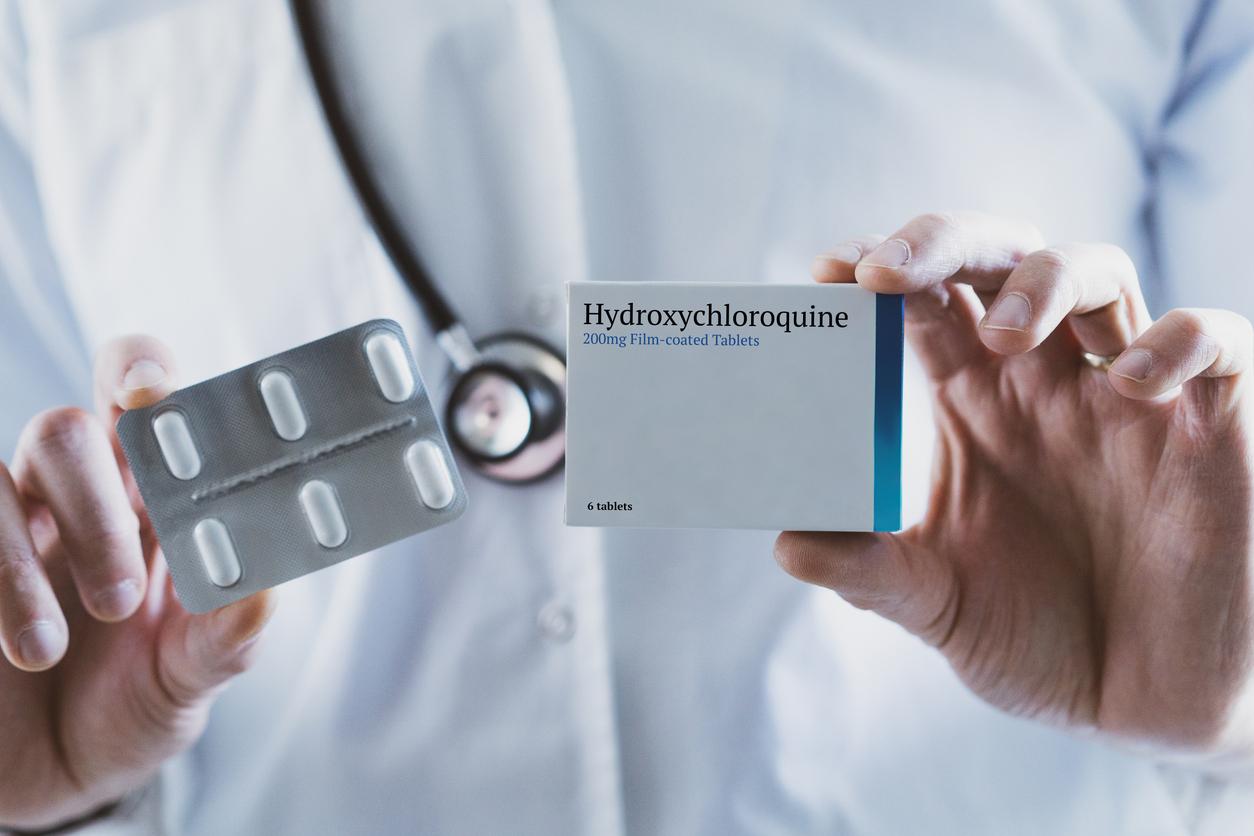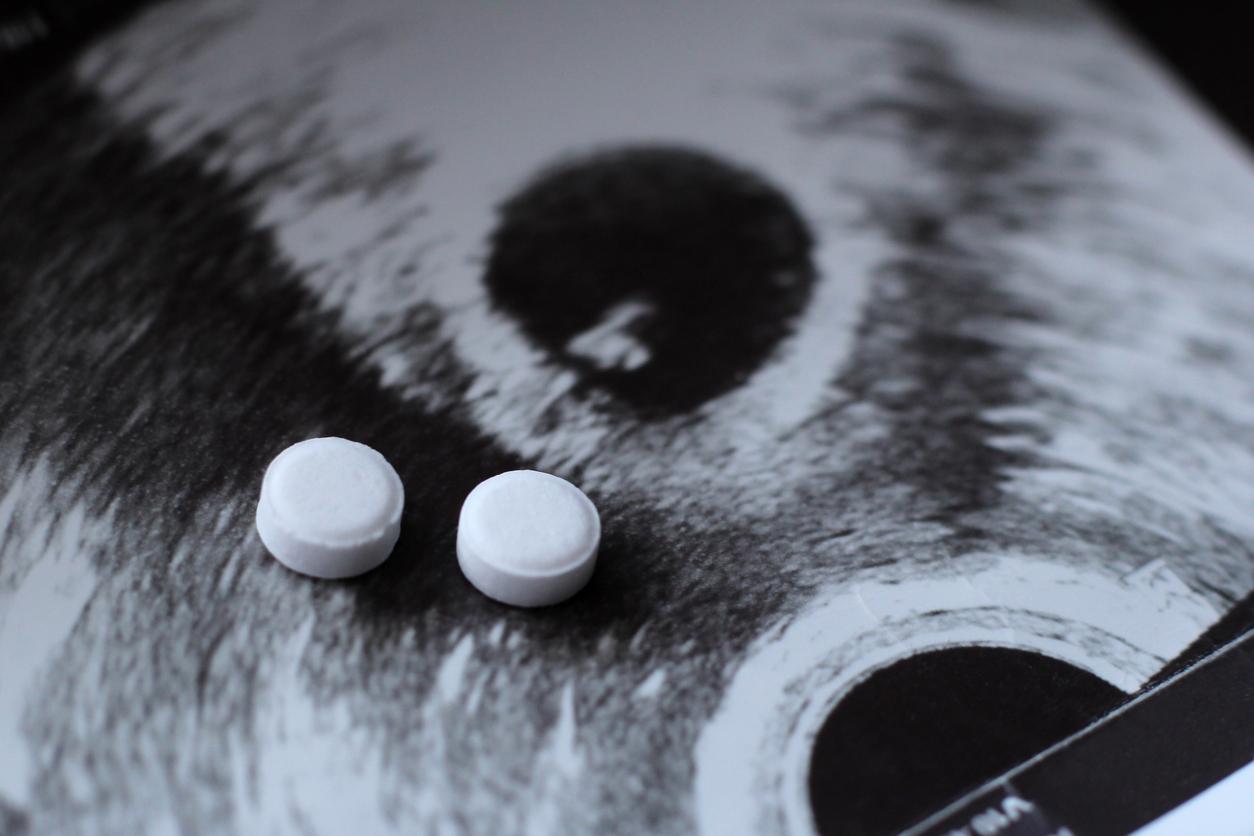The National Medicines Safety Agency reveals that children who have been exposed to hydroxychloroquine during pregnancy have a higher risk of serious fetal malformation.

- Relayed by the ANSM, a study shows that taking hydroxychloroquine during pregnancy increases the risk of fetal malformation.
- The agency advises women who are pregnant or planning to become pregnant to talk to their doctor about it.
- The ASNM also recalls that hydroxychloroquine has not shown its effectiveness in the treatment of Covid-19.
The Covid-19 pandemic has made hydroxychloroquine known. This molecule used to treat various pathologies, including rheumatoid arthritis, has been the subject of much controversy. Some claimed that it was effective in treating the disease. If its benefits have not been demonstrated in this specific case, a new study proves that its use in pregnant women entails a risk of serious malformation in the child. The ANSM presented the results of this research in a communicatedreleased Wednesday, April 5.
Fetal malformations: what are the risks associated with hydroxychloroquine?
“An American study has shown a risk of malformation in children exposed during pregnancy to hydroxychloroquine multiplied by 1.33 compared to those who were not exposed to it., indicates the document. This scientific research compared 2,045 pregnancies, where the fetus was exposed to the drug, with 19,080 pregnancies in a control group. The authors observed aincreased risk of malformation from a daily dose greater than or equal to 400 mg”. According to the ANSM, these are malformations classified as serious, “without being able to highlight a particular type of malformation“.”Furthermore, although the study does not seem to show any risk for doses below 400 mg, the data remains too limited to date to exclude this risk.warns the agency.
Hydroxychloroquine and pregnancy: ANSM recommendations
Plaquenil, a drug containing hydroxychloroquine, is indicated in the treatment of rheumatoid arthritis and certain diseases such as lupus. Given these new results, the ASNM advises patients following treatment with hydroxychloroquine to take contraception, in the event that they are of childbearing age and have no pregnancy plans. Otherwise, it is necessary to talk to the prescribing doctor to review the dosage. “If you are pregnant, talk to your doctor who will determine with you if it is necessary to continue the treatment, indicates the agency. Do not stop taking hydroxychloroquine without discussing it with your doctor, as your illness could get worse and have serious consequences for you and your child.“If the doctor decides to continue the treatment, a minimum dosage is recommended and special monitoring will be put in place during pregnancy and after birth.
Hydroxychloroquine cannot be used in the treatment of Covid-19
On the same day, the ANSM published a communicated regarding the use of hydroxychloroquine to treat or prevent Covid-19. “We remind you that these drugs are strongly discouraged in these indications, in adults or children., warns the agency. She explains that the scientific data published to date do not demonstrate a clinical benefit to drugs containing hydroxychloroquine, azithromycin or ivermectin in the treatment of the disease. There is no scientific data regarding use in children. “In addition, their use exposes patients to potential adverse effects that can be serious.specifies the ANSM. Finally, no other health authority within the European Union, nor the World Health Organization, recommends the use of these treatments in these indications.
















